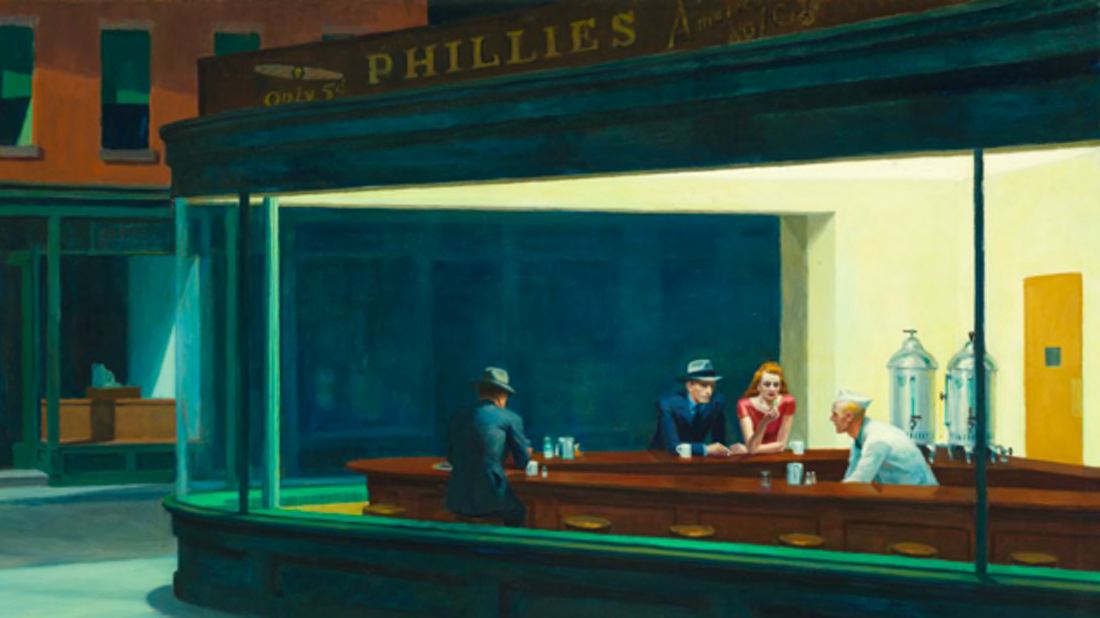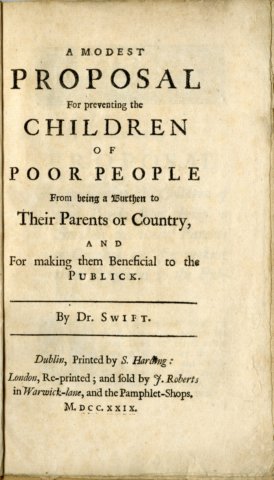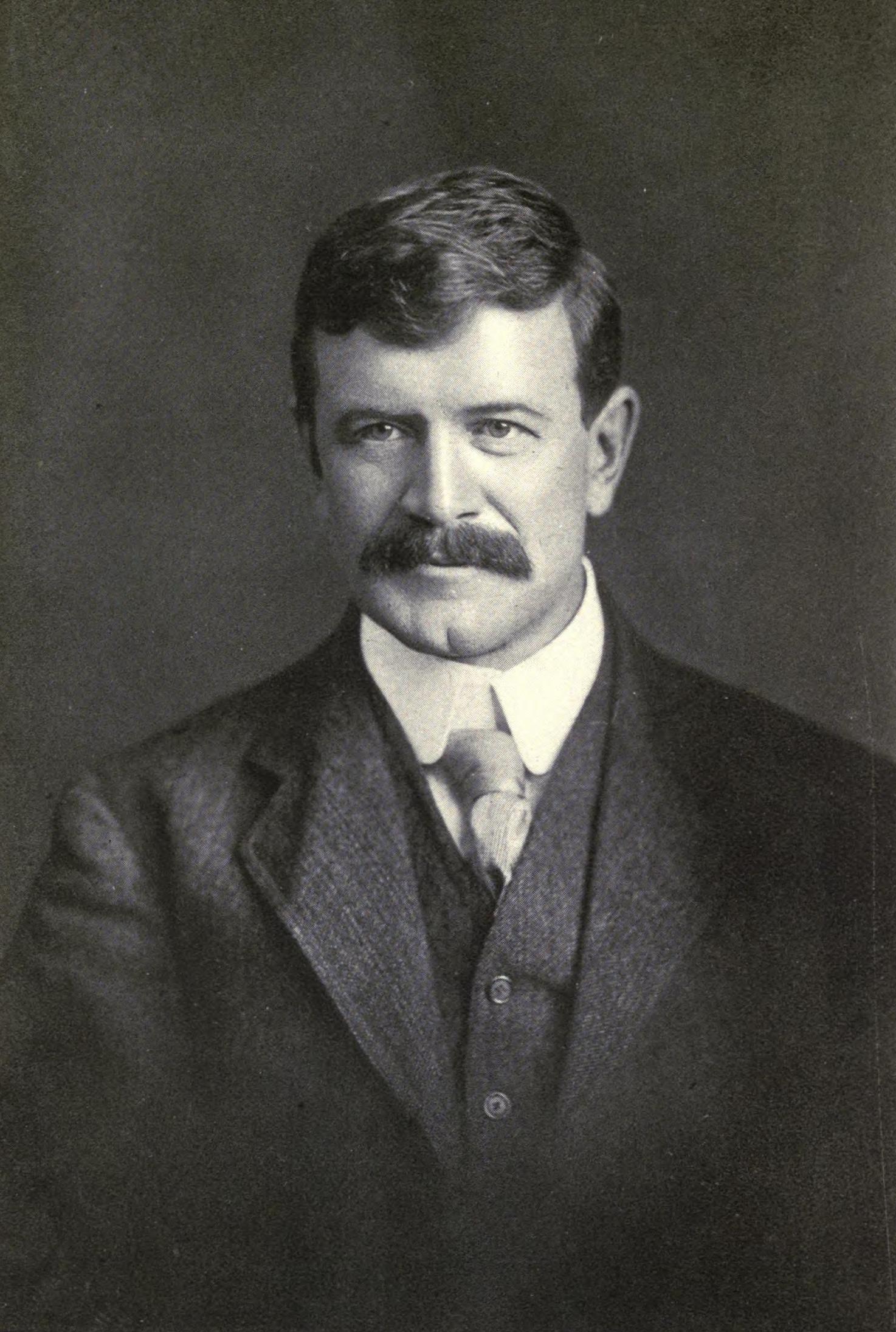In a recent Club Random interview, John Cleese and Bill Maher make the important observation that psychopaths have no sense of humour. Nor do sociopaths or narcissists—I suspect it is all the same ball of wax. This is not exactly true; a psychopath will laugh at someone slipping on a banana peel. But they are utterly literal-minded, and so cannot get irony, satire, or even puns.
Then Bill Maher ruins it by citing Donald Trump as an example of this.
It is true that I have never seen Trump laugh in public. But then, try to think of any other prominent politician you have seen laughing. I can’t, with one exception. Kamala Harris.
And she gets raked over the coals for it. People cite it as unlikeable. This may be a perfectly adequate explanation why politicians do not laugh in public. I guess people see it as frivolous, when there are important issues on the table; and perhaps as being out of control of oneself; not wanted in a leader.
Even aside from this, it is reasonably possible to fake a laugh or titter when one really does not get the joke. Accordingly, we cannot use laughing as a measure.
But there is another, better measure: can they tell a joke, especially extemporaneously? This is a surer test. Even a canned joke, to work, has to have the right timing; being able to judge that shows a sense of humour. And, confounding the original laugh test, the best comedians often do not laugh on stage. It generally spoils the joke, by pointing out the irony and telegraphing it.
By this measure, Trump scores especially high. He can do a two-hour standup routine without notes. Pierre Poilievre seems pretty funny off the cuff.
Those who hate Trump, on the other hand, inevitably do not get his jokes. They always take him absurdly literally. They are the narcissists.
Who is conspicuously not funny, especially off script? I say Justin Trudeau, Joe Biden. Biden’s idea of a joke seems to be a mere insult: “lying dog-faced pony soldier.” And he prefaces every lie with the phrase “not a joke”—implying that he does not understand what a joke is. He thinks it is the same as a lie.
I cannot picture Trudeau ever attempting a joke. I don’t think he could do it even scripted.
QED.
Narcissists and psychopaths are literal-minded, Cleese and Maher go one to agree, because they are nervous; nervous people are afraid of anything unexpected. They jump at shadows. They will therefore fear, resist, and deny the reversal of expectations that is every joke’s premise and punch line.
“What an elephant was doing in my pyjamas, I’ll never know.”
That they fear the unexpected disproves the claim of current psychology that a psychopath has no conscience. What else do they fear? Truth being told and being exposed is what they fear; they would not fear it if they did not know they were lying and doing wrong.
This is a life lesson worth remembering: beware people who do not laugh, except at slapstick, and are not witty.
And definitely do not elect them to high office.
















